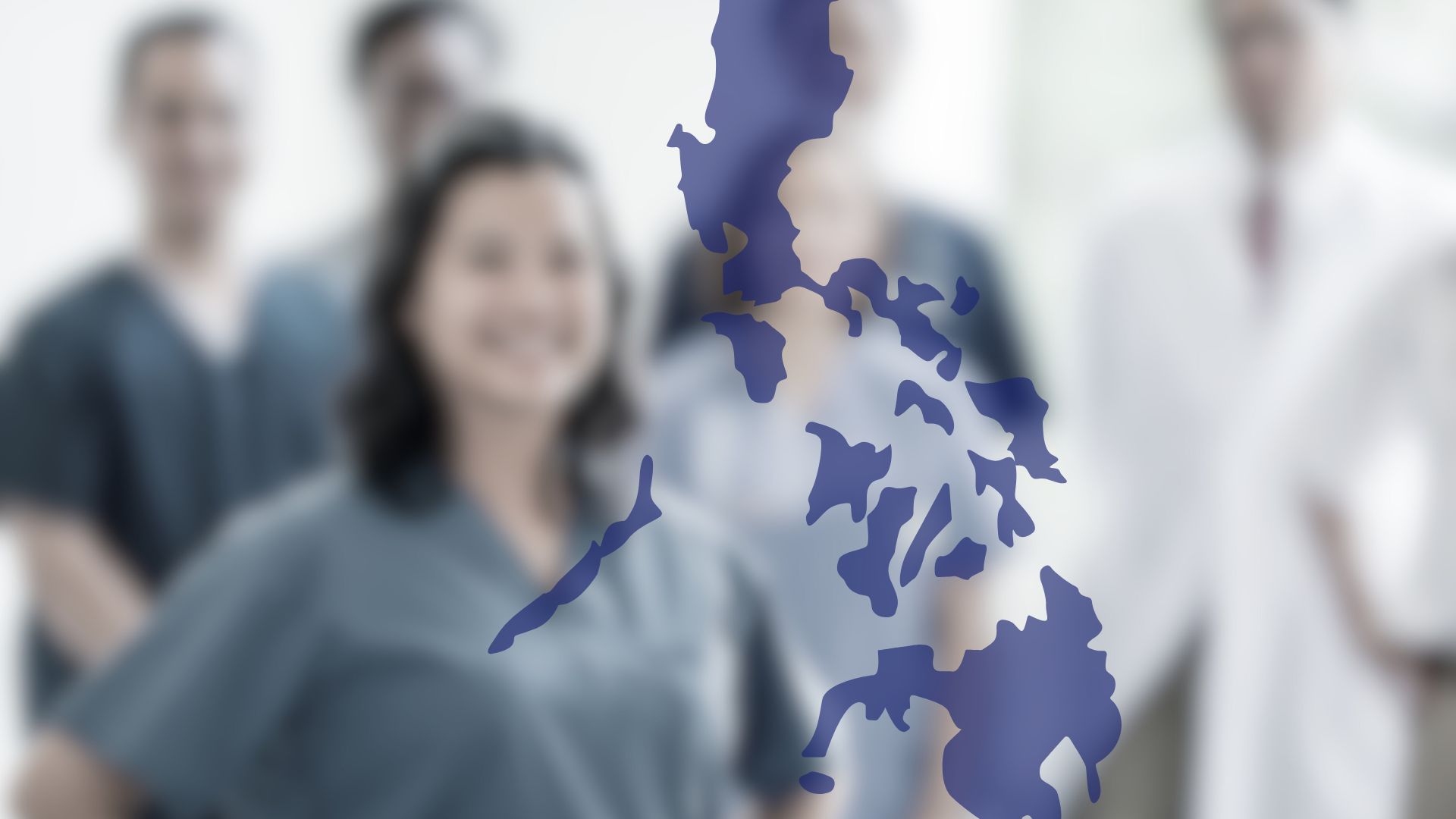
Early response to COVID-19 in the Philippines
In response to the early phase of the pandemic, the Government of the Philippines implemented travel restrictions, community quarantine, risk communication and testing; however, the slow ramping up of capacities particularly on testing contributed to unbridled disease transmission. By 15 October, the number of confirmed cases had exponentially grown to 340,000 of which 13.8% were deemed active. The lack of pandemic preparedness had left the country poorly defended against the new virus and its devastating effects. Investing diligently and consistently in pandemic preparedness, surveillance and testing capacity in particular is a lesson that the Philippines and other LMICs should learn from COVID-19.
Arianna Amit, Veincent Pepito, and Dr. Manuel Dayrit describe the Philippines' early response to COVID-19 in an article published in the World Health Organization's Western Pacific Surveillance and Response Journal.
-

Health workforce issues and recommended practices in the implementation of Universal Health Coverage in the Philippines: a qualitative study.
The Philippines' Universal Health Coverage program faces a critical workforce crisis that threatens its very foundation. A new Ateneo de Manila University study reveals that while the country exports healthcare workers globally, it struggles to retain the professionals needed for its own ambitious health reforms. With only 7.92 physicians per 10,000 population and a shortage of 127,000 nurses, systemic barriers—from restrictive hiring policies to uncompetitive salaries—are driving away the very people meant to deliver healthcare for all Filipinos. The research identifies promising solutions, including scholarship programs and comprehensive benefits, but warns that without addressing these fundamental workforce issues, universal healthcare remains at risk.
-

Measuring and Understanding Geographic Inequities in Physician Distribution in the Philippines
Access to quality health care in the Philippines is shaped not only by the availability of physicians, but also by how equitably they are distributed across regions. Many communities, particularly in rural and geographically isolated areas, continue to face limited access to medical professionals, while urban centers often see a concentration of physicians and specialists. The project Measuring and Understanding Geographic Inequities in Physician Distribution in the Philippines seeks to address this challenge by providing a clear, evidence-based picture of physician maldistribution nationwide.
